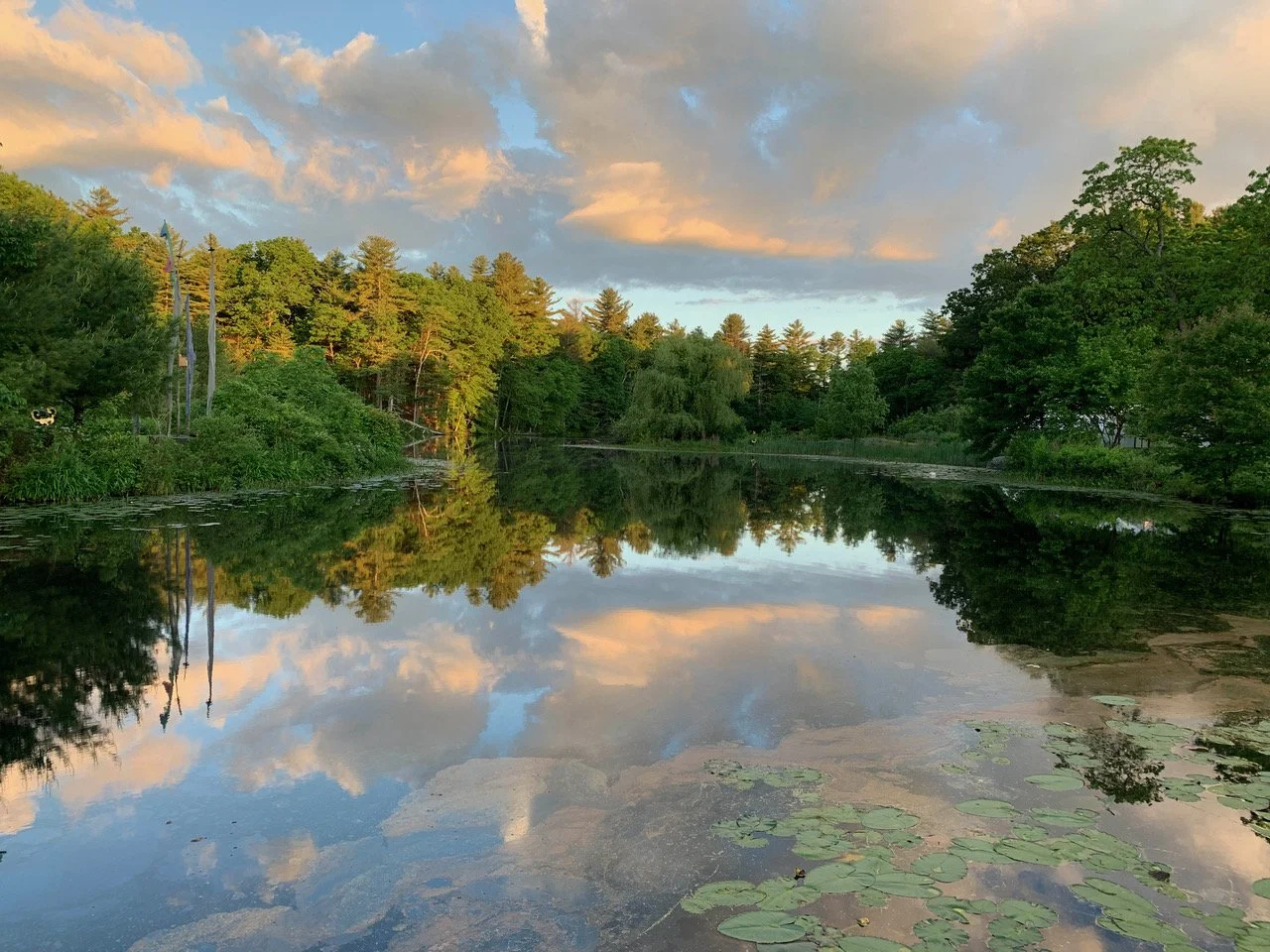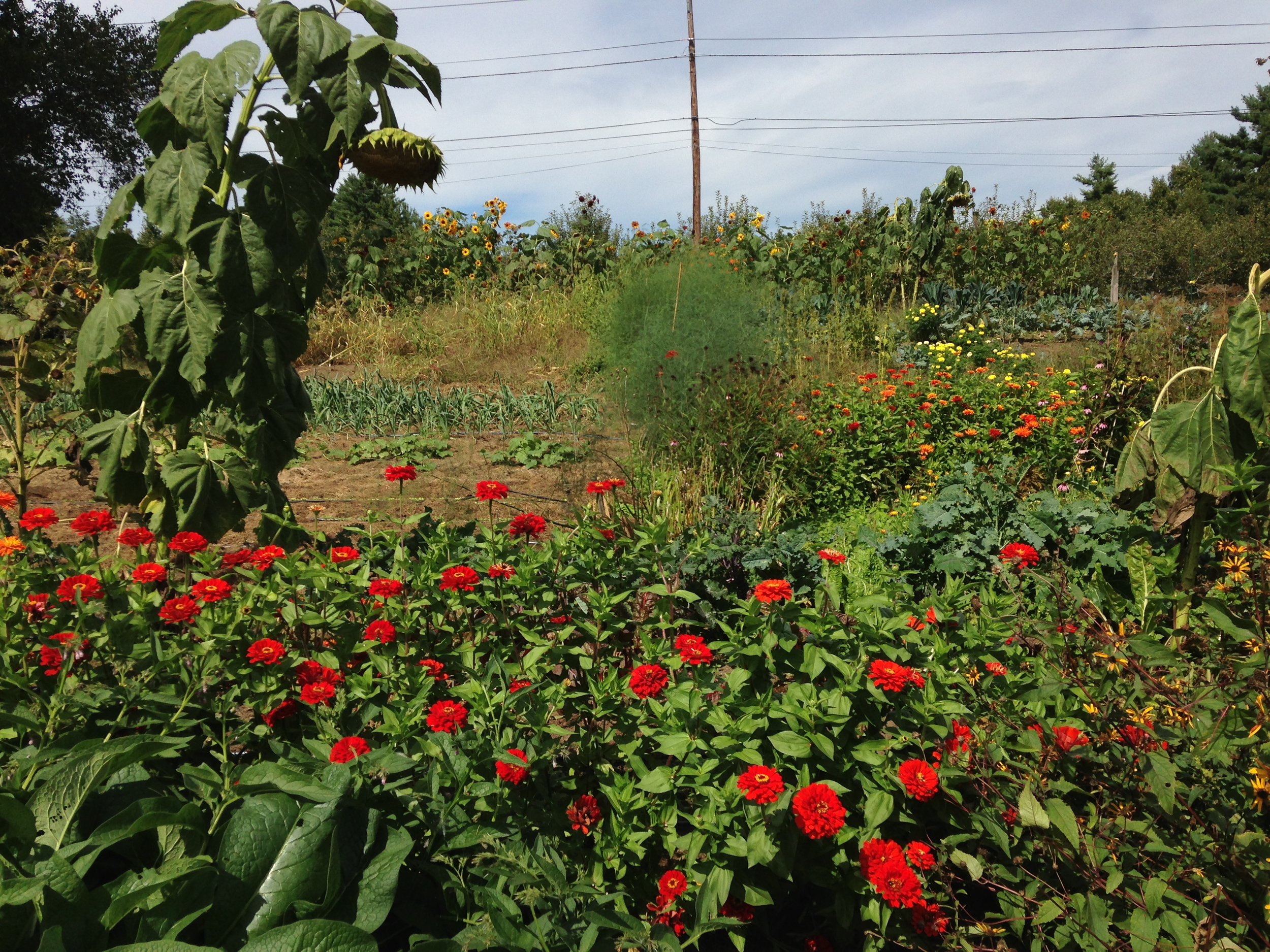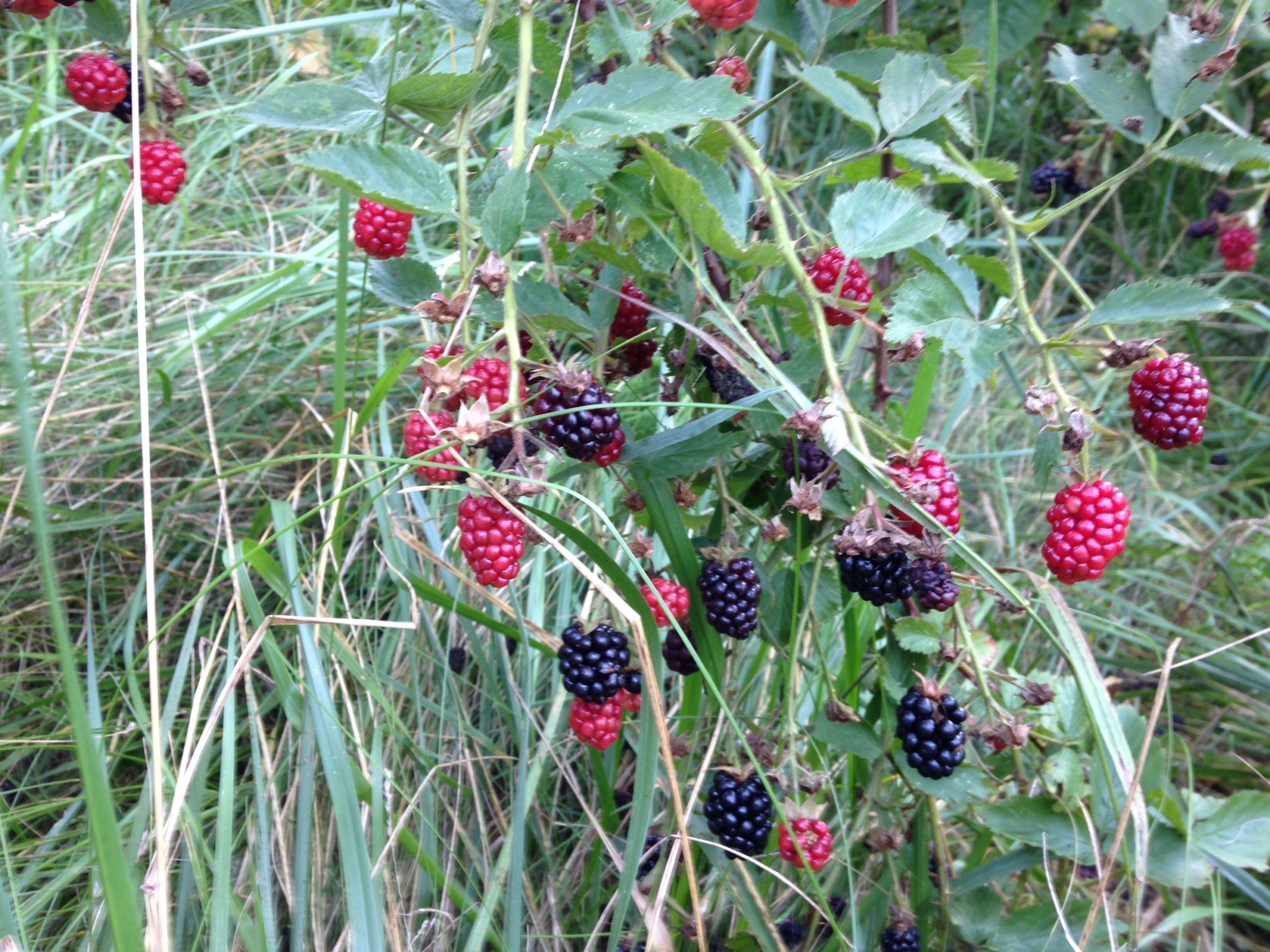December 2023
/December descends upon us with cold finality. The year is nearly over. The nights are the longest they will ever be. Outside, away from the comfort and joy of festive merriment, it is a contemplative time, a time of letting go. And - because life is a paradox - it is a singularly poignant time for holding on, as well.
Remembering Elaine
By Elizabeth Lund
One great blue heron
punctuates the shore,
huddling in first snow.
What keeps this steel-eyed
juvenile here, weeks after
the others have flown?
Gray on gray she stands
like a wrought-iron
question mark.
What does she read
in the tinfoil sky,
its indecipherable script?
Does she stand, like me,
awaiting a sign, has she
hunkered too far down?
How do winged creatures
lose their lift, their bold
exclamation point?
One could say the sky
turns a deaf ear, that some
stories are meant to trail off.
She stands ramrod straight,
like a stubborn suicide
or a righteous sacrifice.
But I’m not ready to let
her go, as the season’s
first storm spits and swirls.
Elizabeth Lund is the award-winning host of Poetic Lines at NewTV. The show features in-depth interviews with emerging and established poets about their work and creative process. She also interviews poets and reviews major collections of poetry for The Christian Science Monitor, where she served as poetry editor for 10 years. From 2015 to 2020, Elizabeth wrote a monthly column about poetry for The Washington Post. Her own poems have appeared in various publications including The Dalhousie Review, Connecticut Review, The Christian Century, and the Paterson Literary Review. Un-Silenced is her debut collection.




